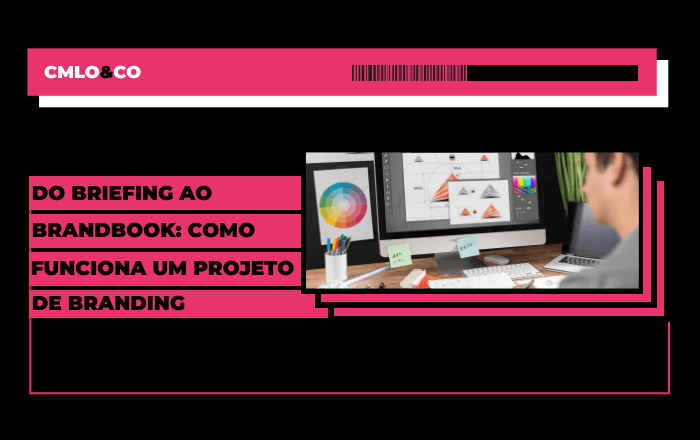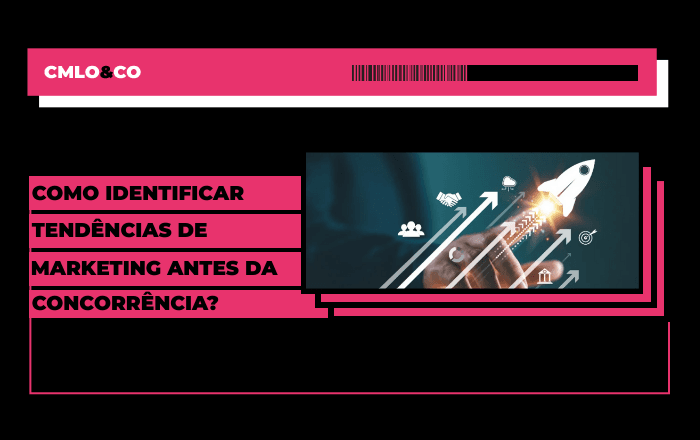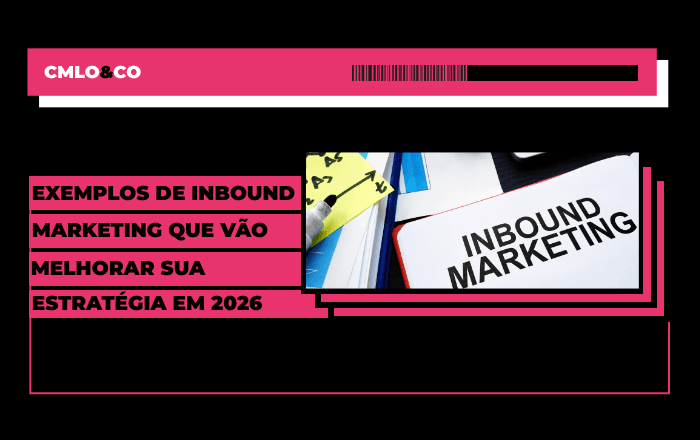Imagine an incredibly intelligent assistant working 24 hours a day, 7 days a week, dedicated to understanding each customer, anticipating their needs and optimizing their interactions with your company. The good news is that this assistant already exists and goes by the name of Artificial Intelligence (AI).
In the world of B2C and B2B marketingAI is not just a technology. It is the revolutionary force that is transforming the way companies connect with their customers and propel their businesses into the future.

In this article, we'll explore how AI is shaping marketing strategies both for companies that relate to other companies (B2B) and those that deal directly with end consumers (B2C). Ready to dive into the age of innovation and start applying artificial intelligence to your company's marketing? Then let's go!
What is artificial intelligence and how does it work?
Artificial intelligence or AI is the ability of machines or systems to perform tasks that would normally require human intelligence, such as voice recognition, computer vision, machine learning, natural language processing, decision making, among others.
AI works through complex algorithms that process large volumes of data and learn from it, allowing machines to adapt and evolve based on previous experiences. The results are surprising, precise, efficient and can be put to good use in different areas.
The importance of artificial intelligence for B2B and B2C marketing
The application of artificial intelligence in marketing plays a fundamental role for brands. After all, technology makes it possible to create more personalized, segmented and optimized strategies for each target audience, increasing the chances of conversion and customer loyalty.
It also makes it possible to automate many repetitive and operational tasks, freeing up time and resources for more strategic and creative activities. According to a study conducted by McKinsey, generative AI causes an annual impact of more than US$ 4 trillion on the global economy.
Below, we'll look at some of AI's main contributions to digital marketing.
Personalizing the customer experience
One of the greatest advantages of AI is its ability to offer a personalized experience for each customer, taking into account their interests, preferences, behaviors, purchase history, location, among other factors.
This makes it possible to send more relevant and assertive messages, recommend products or services suited to the customer's profile, create exclusive and dynamic offers, among other actions that generate value and engagement.
Campaign automation
The use of artificial intelligence in marketing also makes it possible to automate the planning, execution and analysis of campaigns, using tools that optimize the stock performance.
For example, AI can help define the best times, channels, formats and content for each campaign, test different variations and adjust strategies in real time, based on the results obtained.
It can also measure the return on investment (ROI) of campaigns and generate detailed reports on the most important metrics.
Retargeting
Retargeting is a digital marketing technique that consists of re-impacting users who have already visited a website or interacted with a brand, but have not made a purchase or taken a desired action.
In this case, artificial intelligence can improve retargeting by analyzing user behavior and identifying the best times to send personalized ads that encourage conversion.
In this case, AI could suggest sending a discount coupon to a user who has abandoned a shopping cart or show a complementary product to a user who has recently made a purchase.
Data analysis and powerful insights
Data analysis is essential for digital marketing, as it provides a better understanding of the market, competitors and customers, as well as evaluating the performance of actions and identifying opportunities for improvement.
AI facilitates data analysis by collecting, organizing and interpreting large amounts of information from various sources, such as social networks, websites, applications, sensors, etc. As a result, it can generate powerful insights that help with decision-making and the creation of more effective strategies.

Product recommendations
Product recommendation is another way of using artificial intelligence in marketing to personalize the customer experience and increase sales. Recommendation consists of suggesting products or services that are of interest to the customer or that are related to products or services they have already bought or researched.
In this context, AI can do this by analyzing the customer's profile and their browsing and purchasing history, using algorithms that calculate the likelihood of them being interested in certain items. It can then recommend relevant products and increase customer satisfaction.
Agile support and customer satisfaction
Another advantage of using artificial intelligence in marketing is to improve customer service, providing more agility, efficiency and quality support.
One of the ways to do this is through chatbots, which are robots that talk to customers via text or voice messages, using artificial intelligence to understand customer queries, requests and complaints and offer quick and accurate answers.
Chatbots can solve simple problems, such as answering questions about products, services, prices, deadlines, payment methods, etc. Or they can refer more complex cases to human agents. In this way, they can reduce waiting times, operating costs and customer dissatisfaction rates.
Artificial intelligence challenges for B2C and B2B marketing
The application of artificial intelligence offers many opportunities for B2B and B2C marketing, as we saw earlier. However, there are also some challenges that must be considered and overcome in order to make the most of the technology's potential. Some of these challenges are:
- The quality and security of data, which in addition to being reliable, must be collected, stored and processed ethically, legally and securely, respecting the privacy and rights of users;
- Ethics and transparency of artificial intelligence in marketing, which must be used responsibly, fairly and transparently, avoiding possible bias, discrimination or manipulation that could harm users or society;
- Training and adapting communication professionals, because technology requires new skills, competencies and knowledge. That's why it's necessary to invest in training and adapting professionals, promoting continuing education, constant updating and collaboration between humans and machines.
How can you use artificial intelligence for your business?
Faced with so many benefits and challenges of using artificial intelligence for B2B and B2C marketing, you may be wondering how to use this technology to your business's advantage. The answer is simple: with caution and knowledge.
Using artificial intelligence in marketing requires strategic planning, careful analysis, continuous testing and rigorous monitoring of actions. In addition, you need specialized partners who can offer the best communication solutions for your business.
By adopting the right practices and relying on experienced partners such as marketing and advertising agency CMLO&COIn this way, you can overcome challenges and propel your business to a new level of success by making the most of all that artificial intelligence can offer. Talk to someone who understands the subject.







